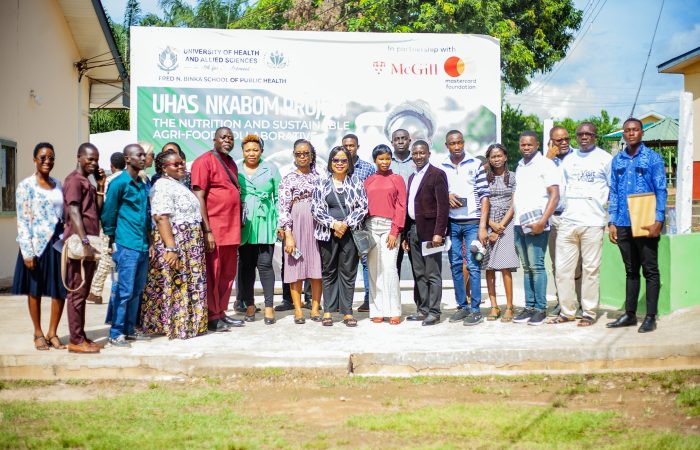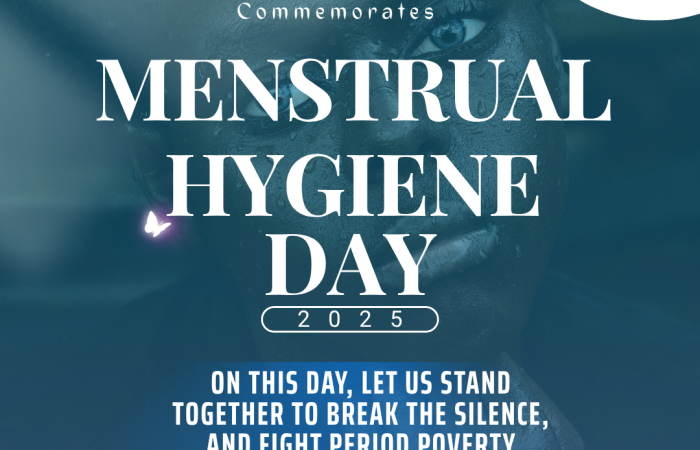WHO highlights resources for continuing the crucial work of preventing female genital mutilation (FGM) and providing healthcare to girls and women at risk or affected – during COVID-19 and beyond.
Marking the annual International Day of Zero Tolerance for Female Genital Mutilation (FGM) in the context of COVID-19 is a timely reminder of the health sector’s vital role in ending this violation of girls’ and women’s health and human rights.
From offering preventive services at the primary care level to ensuring the highest quality care possible for women and girls who have already undergone FGM, healthcare providers are powerful agents for change and service in their communities.
WHO and HRP Research are working with national research institutions in Guinea, Kenya and Somalia to study the effectiveness of a health systems FGM prevention and care package.
The package includes interactive training for nurses and midwives to build skills for providing person-centered communication on FGM prevention. Empowering healthcare providers to communicate effectively, empathically and in a sensitive way is critical for preventing and treating FGM – and for improving the quality of health care for women in general.
Access to sexual and reproductive health and rights, including FGM prevention and care, may be reduced during national lockdowns. Girls and women may become more isolated and miss FGM prevention and care services. Ongoing strain on health services may reduce vigilance by local authorities in countries where there are laws against this harmful practice.
All these factors may increase girls’ and women’s risk of FGM.
FGM is an extreme form of discrimination against women, reflecting deep-rooted gender inequality. Evidence shows that COVID-19 is worsening existing gender and social inequalities. WHO strongly affirms that women’s choices and rights to sexual and reproductive health care should be respected, regardless of COVID-19 or their COVID-19 status.
At this challenging time, healthcare workers can continue supporting multisectoral efforts towards the elimination of FGM by 2030 by striving to ensure quality care is provided for girls and women with FGM health complications, consistent with WHO COVID-19 safety measures and WHO guidance on FGM clinical management.
The global commitment to Universal Health Coverage (UHC) is an opportunity to reset the very foundations of health systems. The inclusion of FGM in the WHO UHC Compendium emphasizes just how important it is to sustain programmes that prevent and treat the health complications of FGM across the pandemic.
FGM exacts a crippling human cost on girls and women around the world, and an economic one too, as the WHO FGM Cost Calculator shows. Eliminating this harmful practice is crucial to global efforts to build back stronger.
SOURCE: WORLD HEALTH ORGANISATION


